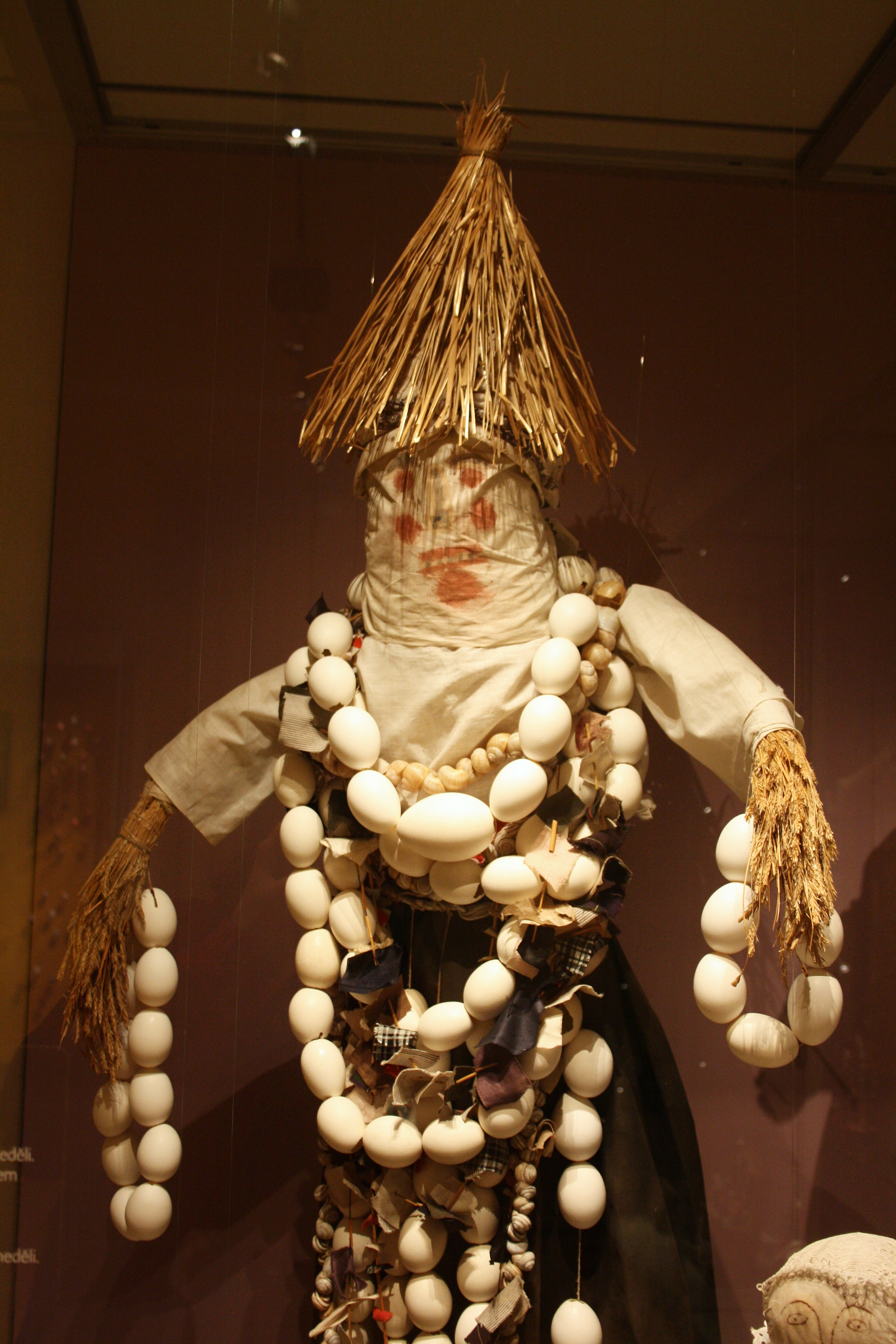The greek historian Polybius, who lived in the era of the Punic wars around 200 BC reports about the Roman military leader Scipio after his troops conquered and burnt down Carthage:
“Turning round to me at once and grasping my hand Scipio said, ‘A glorious moment, Polybius; but I have a dread foreboding that some day the same doom will be pronounced on my own country.’ It would be difficult to mention an utterance more statesmanlike and more profound. For at the moment of our greatest triumph and of disaster to our enemies to reflect on our own situation and on the possible reversal of circumstances, and generally to bear in mind at the season of success the mutability of Fortune, is like a great and perfect man, a man in short worthy to be remembered.
Scipio, when he looked upon the city as it was utterly perishing and in the last throes of its complete destruction, is said to have shed tears and wept openly for his enemies. After being wrapped in thought for long, and realizing that all cities, nations, and authorities must, like men, meet their doom; that this happened to Ilium, once a prosperous city, to the empires of Assyria, Media, and Persia, the greatest of their time, and to Macedonia itself, the brilliance of which was so recent, either deliberately or the verses escaping him, he said:
A day will come when sacred Troy shall perish,
And Priam and his people shall be slain.
And when Polybius speaking with freedom to him, for he was his teacher, asked him what he meant by the words, they say that without any attempt at concealment he named his own country, for which he feared when he reflected on the fate of all things human.”
From Polybius, Histories, Book 38
Thanks to Holger Sonnabend for the lead.
